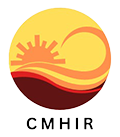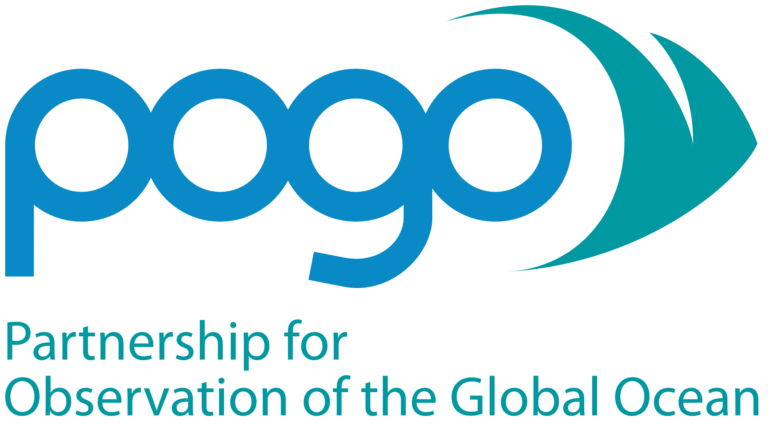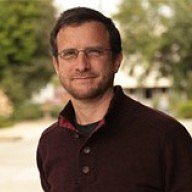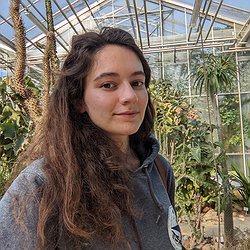Group Members
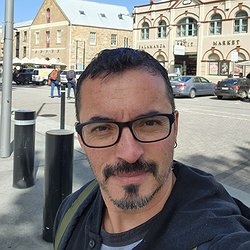
Group Leader
Julio Salcedo-Castro
IMAS - University of Tasmania Australia
I am physical oceanographer focused on coastal processes and estuaries. My interest is on the coastal response to large scale oceanic and atmospheric forcing as well as local processes linked to land-ocean interaction. The topics I have studied include cyclones, extreme waves, marine heatwaves and river plumes.
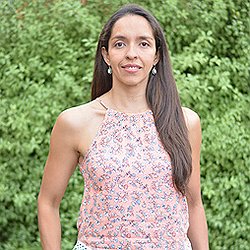
Andrea Piñones
Austral University of Chile - COPAS COASTAL, IDEAL Center, Millenium Institute BASE Chile
My research area is coastal and high latitude oceanography. I am interested in describing, understanding and modelling the physical and biophysical processes that influence the marine ecosystems.
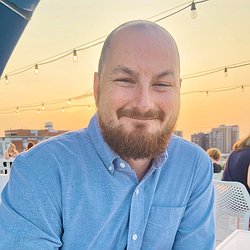
Spencer Tassone
Michigan Technological University United States
I am an aquatic ecologist that works across the salty divide of freshwater and marine systems. Broadly, my research seeks to understand how climate change is manifesting in aquatic ecosystems. Among the topics I study include the distribution and trends of riverine heatwaves, the co-occurrence of estuarine heatwaves with extremes in other water quality variables, and the propagation of marine heatwaves into vegetated sediments.
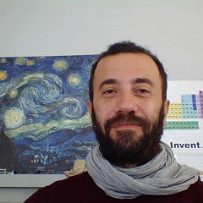
Antonio Olita
National Research Council - Institute of Atmospheric Sciences and Climate Italy
Primary production at sea linked with ocean, atmospheric and climatic forcing. Ocean modelling at regional scale. New applications of gliders and AUV's to study sea surface and biological impact. Air-sea Interactions. Risk assessment related to natural or anthropogenic hazards.
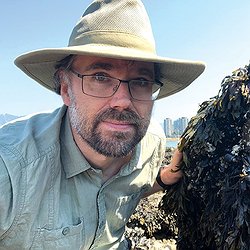
Christopher Harley
University of British Columbia Canada
I am a marine ecologist interested in how nearshore ecosystems are responding to global change. My students and I study how combinations of abiotic forces, such as temperature and ocean acidification, and biological relationships, such as competition, predation, and facilitation, structure coastal marine communities.
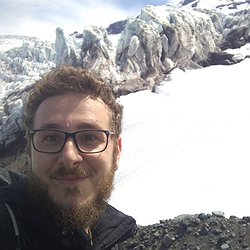
Murilo Zanetti Marochi
State University of Paraná Brazil
I am a marine ecologist/biologist interested in how climate stressors are impacting coastal ecosystems and how they will be in the future. My recent research seeks to quantify the current impacts of abiotic variables, such as temperature and pH on different life stages of coastal invertebrates and generate predictions of future impacts
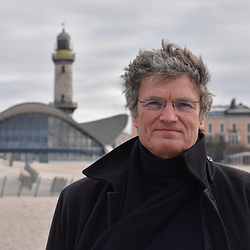
Hans Burchard
Leibniz Institute for Baltic Sea Research Germany
I am a Physical Oceanographer specialised in mixing and exchange flow in estuaries and coastal seas. Our Estuarine and Coastal Ocean Processes (ECOP) group uses numerical models of idealised and realistic estuaries and coastal seas to understand and quantify the major underlying processes. We are developing the models ourselves, such as GOTM (General Ocean Transport Model) and GETM (General Estuarine Transport Model). To better interpret the model results, we are also quantifying numerical mixing due to the discretisation schemes in the models.
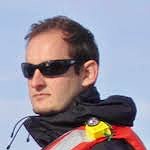
Piero Mazzini
Virginia Institute of Marine Science - William & Mary University United States
I am a coastal physical oceanographer, and my research focuses on understanding how the coastal ocean responds to freshwater input from rivers, winds, waves, tides, and the exchange processes among estuaries, continental shelf, and the deep ocean.
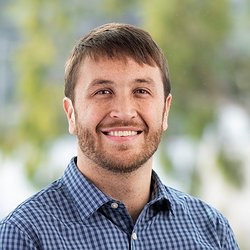
Ryan Walter
California Polytechnic State University San Luis Obispo United States
I am a physical oceanographer that focuses on nearshore processes. I apply fluid mechanics principles to the study of flow and transport processes in coastal and estuarine environments. I am particularly interested in the role that physics plays in shaping nearshore ecosystems, affecting various biogeochemical processes, and influencing climate resilience.
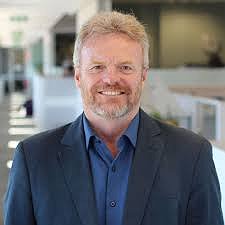
Neil Holbrook
IMAS - University of Tasmania Australia
Neil Holbrook uses his background in applied mathematics and physical oceanography, and his expertise in ocean and climate dynamics at seasonal to multi-centennial time scales, to better diagnose the important mechanisms underpinning climate variability and climate change. To reduce the uncertainties associated with human-induced (anthropogenic) climate change, the potential risks associated with abrupt climate change, and the likely changes in climatic extreme events, requires a strong understanding of natural climate variability on all time scales.
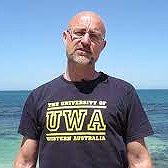
Thomas Wernberg
University of Western Australia, UWA Oceans Institute, Australia Institute of Marine Research, Flødevigen Research Station, Norway
I am a marine ecologist who work at the intersection between ecophysiology, biogeograph and ecological genetics, addressing the urgent need to understand global drivers of biological change to redress the increasing human footprint in marine ecosystems. My interests are broad, and the principles I study general, but much of my work has focused on temperate seaweed-dominated habitats, especially kelp forests.
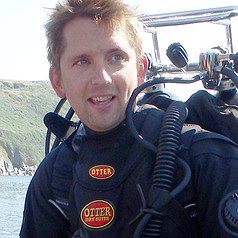
Dan Smale
Marine Biological Association of the United Kingdom (MBA)
I am a marine community ecologist with broad research interests and a particular focus on how global environmental change is influencing the structure and functioning of coastal marine ecosystems. My research group’s activities fall into three main areas: kelp forest ecology under rapid environmental change; (ii) climate change impacts on coastal ecosystems; and (iii) applied seaweed science.
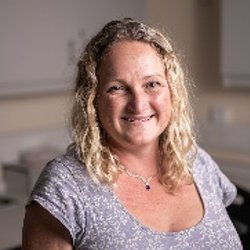
Katie Smith
Marine Biological Association of the United Kingdom (MBA)
I’m a marine ecologist and my research focuses on understanding how marine communities can adapt to survive in a changing world. I have worked extensively on examining the impacts of climate change and other environmental stressors on marine species both in the field and in the laboratory. My current research focuses on improving our understanding of the ecological and socioeconomic impacts of marine heatwaves in global coastal ecosystems.
